AIDS, acquired immunodeficiency syndrome, is the final stage of an infection caused by the HIV virus, an acronym for human immunodeficiency virus. HIV, whose origins are still unclear, causes an immune deficiency that later leads to death through infectious diseases or tumors. The infection is transmitted through blood, sexual intercourse or from mother to child.
HIV infections progress in four stages. The first stage begins a few weeks after contracting the virus. The early stage has flu-like symptoms and is called ARS. [ARS: acute retroviral syndrome]
The second phase can last as long as 20 years. It is called LAS/LPG [LAS/LPG: symptomatic infection with persistent generalized lymphadenopathy]. In this phase, lymph nodes begin to enlarge. Lymph nodes help the lymphatic system destroy bacteria and viruses. There is also a decrease in lymphocytes, blood cells fundamental to the immune system. In this phase, infected people often do not know they have the virus.
In the third phase of infection, called ARC [ARC: AIDS-related complex], the lymphocyte level drops further and patients begin to have infections, diarrhea and recurring fevers.
The last phase is the AIDS disease. Patients are exposed to infections that can cause blindness, pneumonia and membrane and cerebral lesions.
There is still no definitive cure for HIV. Prevention is the best way to avoid HIV infection. Practicing safe sex, following strict medical hygiene rules and awareness programs can help prevent the spread of HIV.
Since 1995, one treatment has proven effective in keeping the infection from evolving. highly active antiretroviral therapy is a cocktail of drugs that block the replication of the virus without, however, eradicating it. On average, this combination of drugs can increase an infected person's life span by 13 years.
Future research will focus on finding more effective, long-lasting medications that can block the virus’ ability to mutate and become resistant to drug therapy. Studies based on stem cells are currently in the initial stages to find a definitive cure.
In 1983, French research scientist Luc Montagnier was the first to isolate the HIV virus. He was awarded the Nobel prize for Medicine in 2008. In 20 years, 65 million people have contracted HIV. In 2007, 33 million people worldwide were HIV positive. Some 22 million of them live in sub-Saharan Africa, the area with the highest rates of infection since the emergence of the epidemic.
HIV infections progress in four stages. The first stage begins a few weeks after contracting the virus. The early stage has flu-like symptoms and is called ARS. [ARS: acute retroviral syndrome]
The second phase can last as long as 20 years. It is called LAS/LPG [LAS/LPG: symptomatic infection with persistent generalized lymphadenopathy]. In this phase, lymph nodes begin to enlarge. Lymph nodes help the lymphatic system destroy bacteria and viruses. There is also a decrease in lymphocytes, blood cells fundamental to the immune system. In this phase, infected people often do not know they have the virus.
In the third phase of infection, called ARC [ARC: AIDS-related complex], the lymphocyte level drops further and patients begin to have infections, diarrhea and recurring fevers.
The last phase is the AIDS disease. Patients are exposed to infections that can cause blindness, pneumonia and membrane and cerebral lesions.
There is still no definitive cure for HIV. Prevention is the best way to avoid HIV infection. Practicing safe sex, following strict medical hygiene rules and awareness programs can help prevent the spread of HIV.
Since 1995, one treatment has proven effective in keeping the infection from evolving. highly active antiretroviral therapy is a cocktail of drugs that block the replication of the virus without, however, eradicating it. On average, this combination of drugs can increase an infected person's life span by 13 years.
Future research will focus on finding more effective, long-lasting medications that can block the virus’ ability to mutate and become resistant to drug therapy. Studies based on stem cells are currently in the initial stages to find a definitive cure.
In 1983, French research scientist Luc Montagnier was the first to isolate the HIV virus. He was awarded the Nobel prize for Medicine in 2008. In 20 years, 65 million people have contracted HIV. In 2007, 33 million people worldwide were HIV positive. Some 22 million of them live in sub-Saharan Africa, the area with the highest rates of infection since the emergence of the epidemic.
RELATED
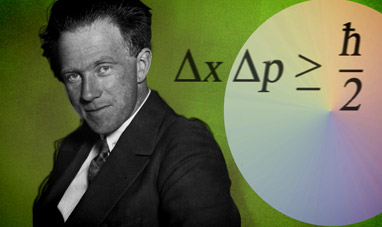

THE HEISENBERG PRINCIPLE
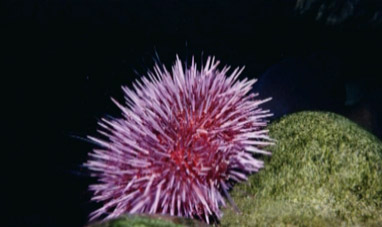

SEA URCHIN
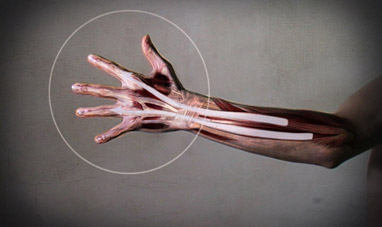

THE HANDS


ELECTRIC CAR


OSTRICH
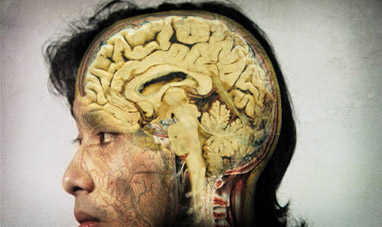

THE BRAIN


BEAR


LUNAR ECLIPSES
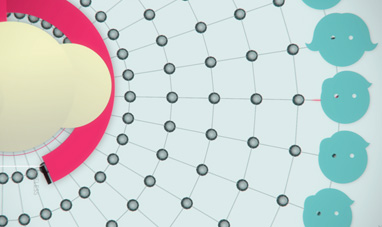

CLOUD COMPUTING
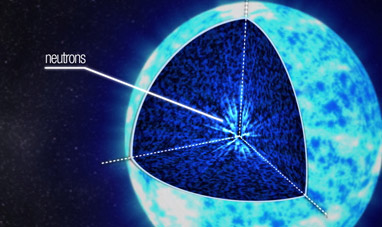

SUPERNOVAS


THE SOLAR SYSTEM


CARNIVOROUS PLANTS
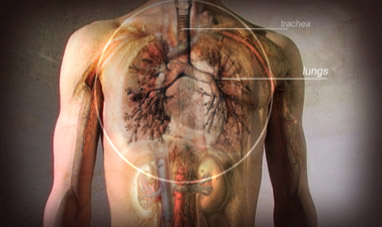

THE RESPIRATORY SYSTEM


MERCURY


EAGLE


DEER


EOLIC


OIL


BEE
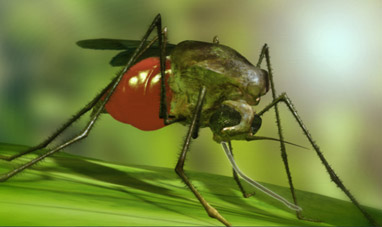

MOSQUITO
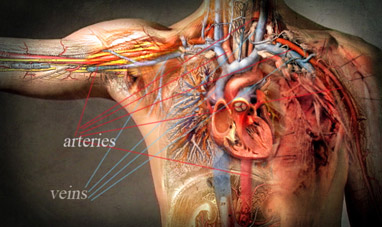

THE CIRCULATORY SYSTEM


SALMON


CACTUS


THE NERVOUS SYSTEM


CENTRIFUGAL FORCE


MARS


IGUANA


DOG


HYDROPOWER


FLAMINGO


KANGAROO
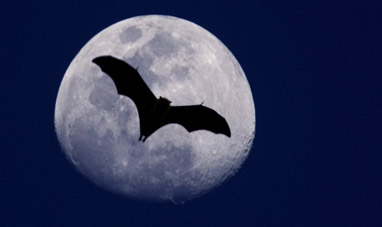

BAT


CARS


CHAMELEON


AXOLOTL
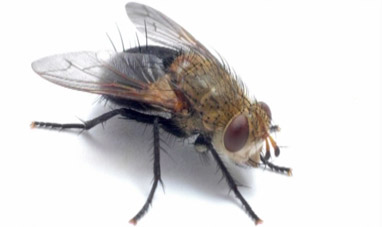

FLY
